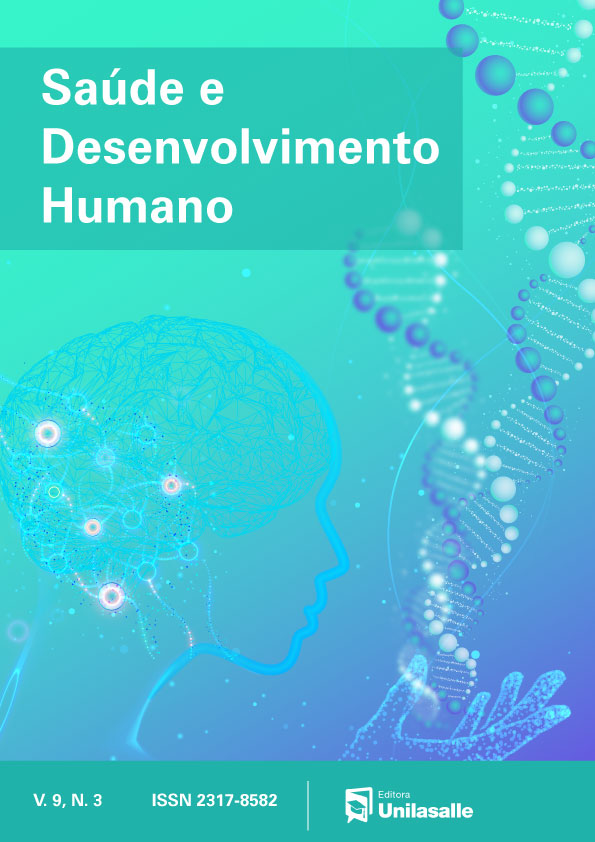Knowing leprosy: the role of Oral Health Assistant students in this context
DOI:
https://doi.org/10.18316/sdh.v9i3.7855Keywords:
Leprosy, Knowledge, Allied Health PersonnelAbstract
Objective: To investigate the knowledge of students of the Oral Health Assistant course on leprosy disease.
Material and methods: The study was carried out in 2018 at a training institute for Oral Health Assistants, in São Paulo - SP, Brazil. For data collection, a self-administered questionnaire was used, containing questions on the theme.
Results: 79 students participated in the study, with an average age of 31.28 years. 56.96% had already worked as assistants and 53.33% had worked in this position for less than five years. 62.02% stated that they had already received guidance on the disease, and 32.65% obtained this knowledge through the media. 70.89% said they did not know how to suspect if the patient has the disease and 35.44% were unaware of the clinical characteristics of the disease. The form of transmission and treatment was also unknown to the majority. 22.78% believe that patients need isolation to be treated. There was a statistically significant association between knowledge about the cure of leprosy and the level of safety of assistants in caring for patients with the disease (p = 0.0043). Asked what word they associated when thinking about leprosy, most answered “Leprosy”.
Conclusion: The knowledge of students in the Oral Health Assistant course is deficient.
Downloads
Published
Issue
Section
License
Authors who submit their manuscripts to be published in this journal agree to the following terms:
- Authors retain copyright and grant the journal right of first publication with the work simultaneously licensed under the Creative Commons Attribution License that allows the sharing of work and recognition of its initial publication in this journal.
- By virtue of the articles appearing in this open access journal, articles are free to use, with proper attribution, in educational and non-commercia.


